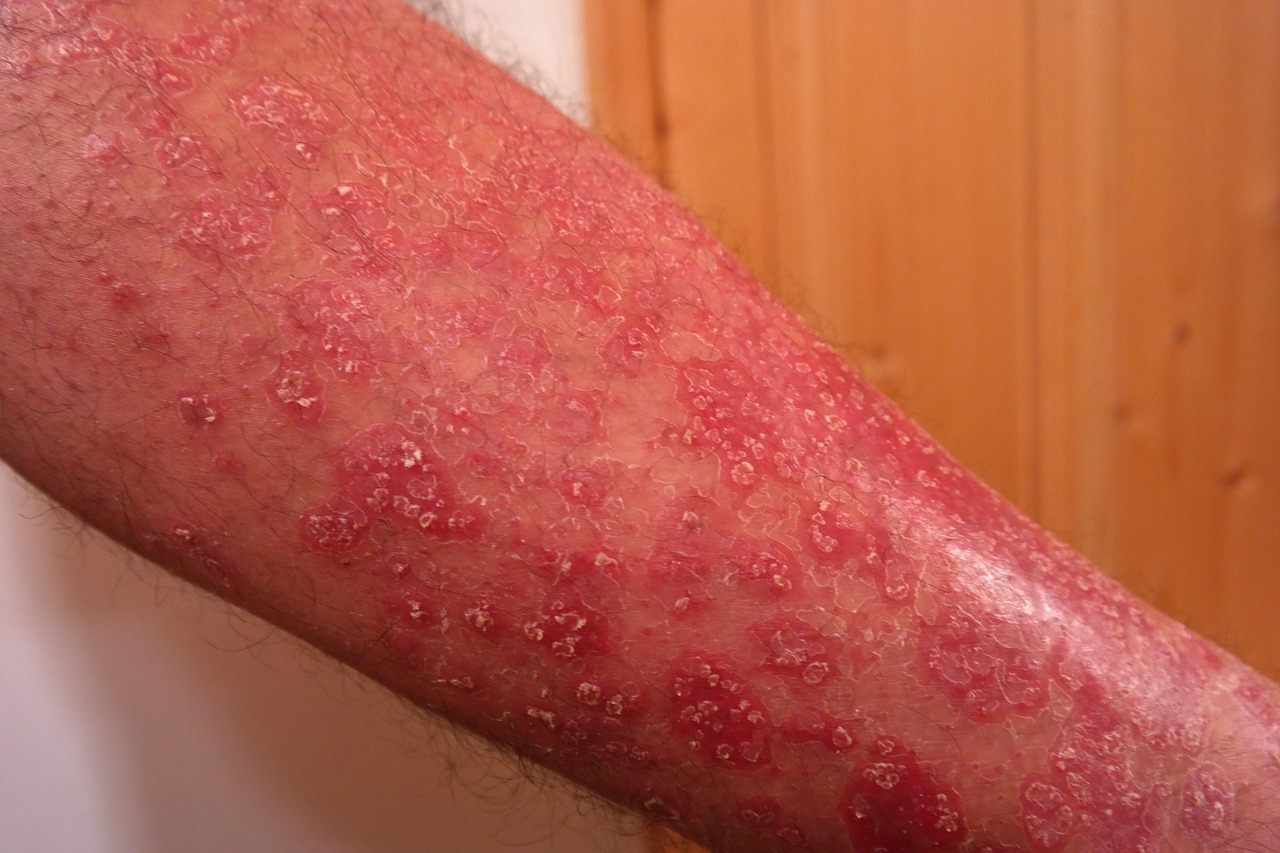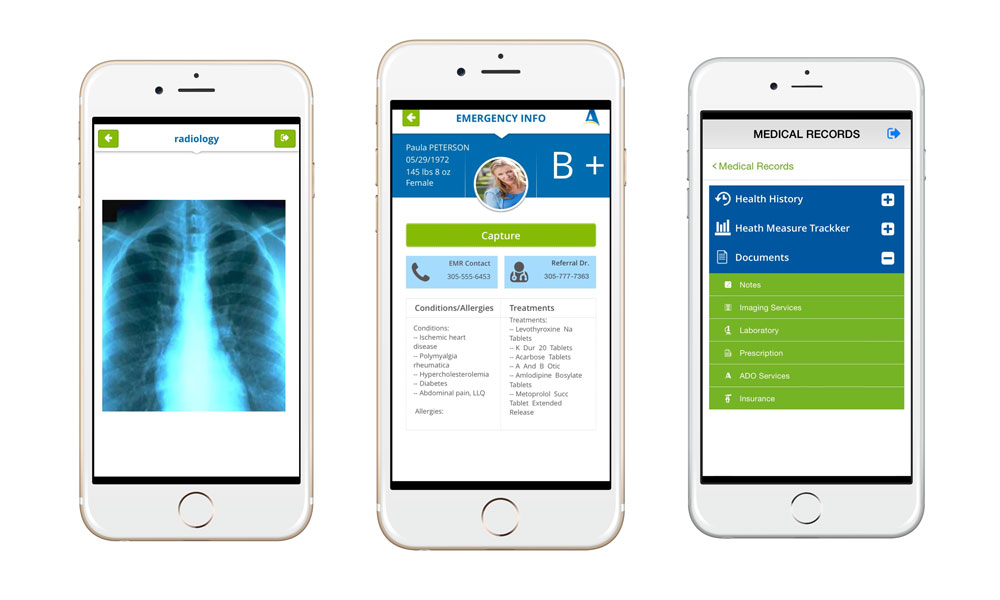Getting to Know Psoriasis
Psoriasis is the most prevalent autoimmune disease in the US, affecting 7.5 million Americans (aproximately 2.2% of the population), but we don’t talk about it that much.

Activ Doctors Online’s US Medical Director Dr. Howard Zahalsky weighs in on psoriasis and psoriatic arthritis during an educational webinar, hosted by Activ Doctors Online.
Getting to Know Psoriasis
Psoriasis is a genetic autoimmune disease where, for some reason, your body chooses to attack itself. Basically, the immune system speeds up the growth cycle of skin cells and before old skin cells shed, new ones start to pile on, which results in scaly patches on the surface of the body. Scientists believe that at least 10% of people inherit one or more of the genes that could eventually lead to psoriasis. However, only 2% to 3% of the population develops the disease.
Factors that may trigger psoriasis include:
- Infections, such as strep throat or skin infections.
- Injury to the skin, such as a cut or scrape, bug bite, or a severe sunburn.
- Stress.
- Cold weather.
- Smoking.
- Heavy alcohol consumption.
Psoriasis generally affects the skin in a very specific way – causing a very specific looking lesion called a plaque – a sizeable flat red raised area with silver scaling on the top. It has a predisposition for forming on extensor surfaces, particularly the elbow and knee.
Many people ignore the symptoms of psoriasis, particularly when it presents on the elbows and knees, because they relate it to other causes, such as rubbing and calluses.
There are officially 5 different types of psoriasis:
- Plaque psoriasis is the most common form of psoriasis (affecting 80% of people with psoriasis)
- Guttate psoriasis causes numerous smaller patches on the torso. Often mistaken for chicken pox, though it does not itch,
- Inverse psoriasis often appears in skinfolds (under the breasts, in the armpits, or in the groin area) and in combination with other forms of psoriasis. It is very red and often shiny and smooth.
- Pustular psoriasis is characterized by white pustules surrounded by red skin and scaling.
- Erythrodermic psoriasis is the rarest form of psoriasis, and looks like severe burns to the skin.

The real problem with psoriasis is when it evolves into psoriatic arthritis. Psoriatic arthritis can occur even with very little skin disease. It is a destructive arthritis that can lead to permanent joint damage and even damage the nails.
Treatment for Psoriasis
Steroid creams
Steroids are very good for treating autoimmune disease, but topical applications do not go deep enough for most plaques and it can be very difficult to apply the cream to large areas. Additionally, using large amounts of steroids long term can cause other complications, including high blood pressure
Light therapy
A patient may notice that they have fewer plaques in summer. That’s because psoriasis hates UV light. Of course, this should also be taken in carefully, to avoid skin cancer.
Tar
Wait, what? You heard correctly. Tar has many anti-inflammatory properties that are particularly good at keeping psoriasis in check.
Sound messy? It is.
“Historically, hospitals had tar units, where psoriasis patients would check in and spend days covered in tar,” explains Dr. Zahalsky. Today, no insurance company will pay for you to spend a week in the hospital covered in tar. “But,” he continues, “there are products on the market – Neutrogena T/Gel® comes to mind – that have low concentrations of tar that can help help keep psoriasis in check.”
Systemic therapy
The primary treatment for psoriatic arthritis, systemic therapy can also be used in extreme cases of psoriasis. They are immuno-suppressants – they stop your immune system from attacking your body. They also stop your immune system from attacking infections, like pneumonia. Despite the drawbacks, they are very effective, and can be life changing for those with psoriatic arthritis.
The Tip of the Iceberg?
Psoriasis and psoriatic arthritis, in particular, can be associated with other inflammatory disease associated with a specific gene modification – the HLA-B27 gene. The mutation occurs in a large number – though not all – of psoriatic arthritis patients and is associated with ankylosing spondylitis, Reiter syndrome, ulcerative colitis and Crohn’s disease.

How Activ Doctors Online Can Help
Personal Health Record & Health Tracker
With ado’s personal health records, you can track your psoriasis and review it with your physician. You can record changes in the psoriasis plaques on your body to see where and how much skin is affected by flares. Keep at it each week, and make notes about events such as doctor visits and new treatment to see patterns over time.
Many people with psoriasis believe certain activities or substances may trigger their psoriasis outbreaks, including:
- stress,
- medications,
- caffeine,
- alcohol,
- and many more.
Although these psoriasis triggers aren’t all proven, looking back through your records may, over time, reveal patterns that help identify your own triggers for psoriasis outbreaks.
Because people with psoriasis and psoriatic arthritis have an increased risk for metabolic syndrome, the can track exercise, caloric intake, and intake of major nutrients such as proteins and fats.
Patients taking receiving systemic therapy injections like Humira (adalimumab) or Stelara can keep track of when doses are due with injection reminders.
e-Consultation
If your doctor participates, you could use e-consultations to monitor your progress. Using our secure video chat you can capture images of lesions and your dermatologist can see how the treatment is working in real time. In fact, studies have demonstrated that telemedicine evaluations of psoriasis have moderate to good accuracy.
This is useful for home care patients where traveling is a chore.
The convenience of talking to a doctor in an instant can make you feel more empowered and confident to take control of your health, and improve patient compliance with treatment regimens.
Psoriasis waxes and wanes, and the mental burden of relapse can weigh heavily on patients. Activ Doctors Online can connect you with mental health professionals so you can talk about how psoriasis is affecting your emotional and mental health.
Second Medical Opinion
Patients, and sometimes even health professionals, may simply dismiss skin symptoms caused by psoriasis as they believe it will resolve spontaneously.
Psoriasis is commonly misdiagnosed since it can resemble so many conditions like acne, arthritis, a fungal infection or a sexually transmitted disease. This is particularly true in children, because it is so rare.
Untreated psoriasis can have severe health consequences, including psoriatic arthritis, cardiovascular disease, metabolic syndrome and other autoimmune disorders.
Watch the Webinar
Or you can Download Activ Doctor’s National Psoriasis Awareness Month Webinar and watch it whenever you want!